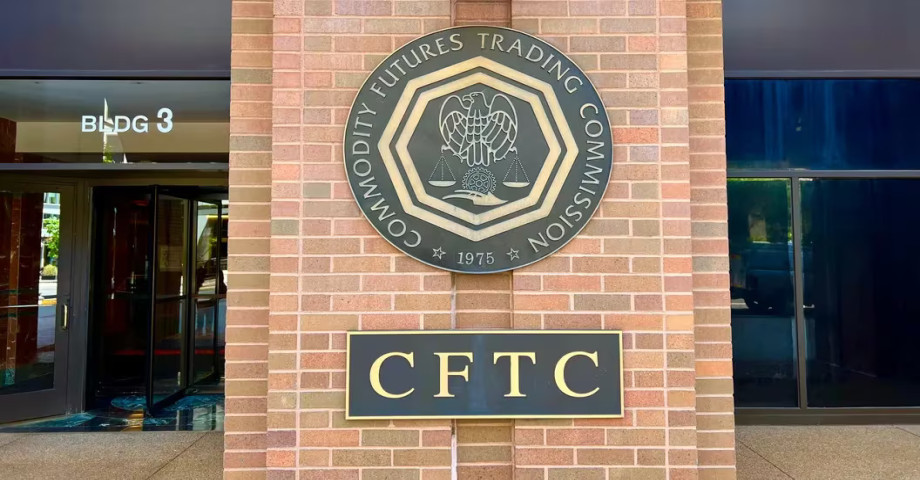




The U.S. derivatives regulator proposed a new rule for how regulated firms should invest clients' funds, but a CFTC commissioner pointed out it doesn't address LedgerX. The U.S. Commodity Futures Trading Commission (CFTC) proposed a rule change Friday on how customer funds should be invested by firms the agency oversees – futures commission merchants (FCMs) and derivative clearing organizations (DCOs).But while crypto derivatives platform LedgerX – the former FTX subsidiary acquired in the bankruptcy by Miami International Holdings, Inc. (MIH) – is a DCO regulated by the agency, it occupies an unusual space as a clearing house that doesn't have FCM members in between itself and the customers, as has been longstanding practice in the industry.Friday's proposal, which details how regulated firms must only put customer assets into an expanded list of the most liquid of investments, doesn't consider "the context of a non-intermediated clearing model where the DCO offers direct client access to its clearing services, without the FCM as an intermediary," said CFTC Commissioner Kristin Johnson."The derivatives market structure is significantly evolving, and it is imperative that the Commission’s regulations evolve in parallel," Johnson said.LedgerX has been bucking tradition, possibly most prominently, when it shook up the industry recently with its aborted push to directly settle margined crypto transactions for customers without intermediaries. The firm holds multiple registrations with the CFTC after agreeing to various special consumer protections, such as segregating assets."Our current regulations do not reach the issues addressed by the conditions in the LedgerX order," Johnson said. "The Commission should consider regulation that closes this gap and ensures parallel retail customer protection for trading through intermediaries and non-intermediated DCOs."Friday's proposal, not open for a 75-day public comment period, was meant to be introduced at a Nov. 1 meeting, but the agency canceled that and moved forward with an internal vote.